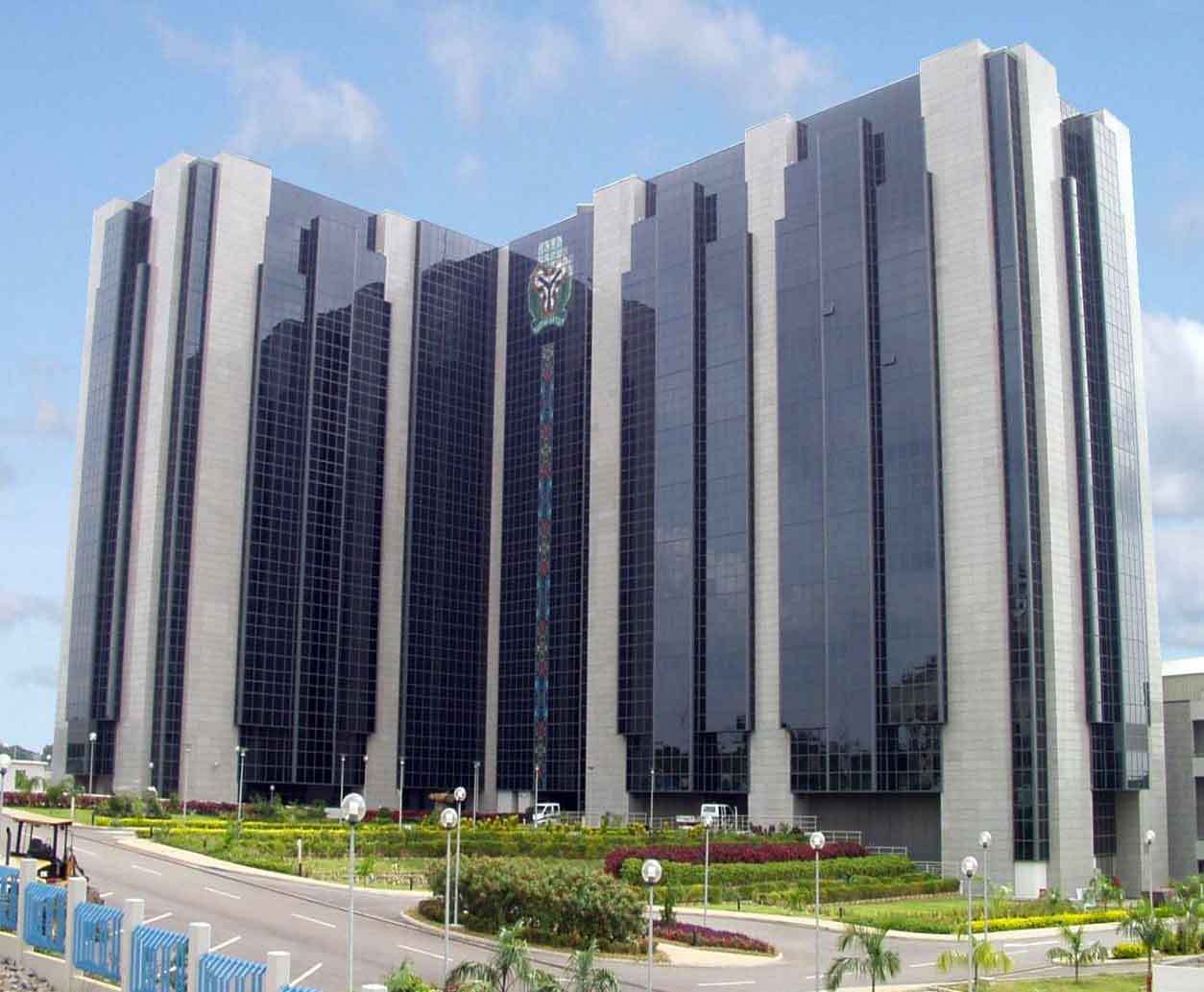The value of Nigeria’s international trade deficit rose by 175.13 per cent from $152.94m in January 2022 to $420.79m in March 2022, according to data from the Central Bank of Nigeria.
The International Trade Summary on the CBN’s website shows that the total value of international trade was $28.77bn in Q1 2022, with imports at $14.77bn and export at $14.01bn, showing a total trade deficit of N764.69m.
In January 2022, export was $4.74bn and import was $4.89, with a trade deficit of $152.94m.
The value of the trade deficit increases further in February 2022 to hit $190.96m, with export at $4.70bn and import at $4.89bn.
A massive increase is recorded by March 2022 at $420.79m trade deficit, with export at $4.57bn and imports at $4.99bn.
The CBN Governor, Godwin Emefiele, had said in June last year that the country would cut down its import bill in the first quarter of 2022, particularly with the functioning of the Dangote refinery, which would reduce Nigeria’s oil import.
He had said, “Of course for petroleum products, by the time the refinery goes into production by the first quarter of next year and the petrochemical plants we would have reduced our importation by about at least close to 35 per cent.”
However, Nigeria has failed to cut down its import bill and the Dangote refinery is yet to be completed and operational.
The Nigerian Economic Summit Group in its latest report titled ‘Reforms Towards Resolving Foreign Exchange Challenges in Nigeria’ highlighted the downside of the worsening trade deficit.
According to the NESG, Nigeria is greatly inclined to external borrowing through Eurobonds and multilateral loans to push up external reserves due to the declining trade balance position.
The report read in part, “Owing to the deteriorating trade balance position, the country is increasingly exposed to external borrowing through Eurobonds and multilateral loans to shore up its external reserves. In 2021, the trade deficit widened to N1.9tn from N178.3bn in 2020.
“The country had persistently recorded a trade deficit since the fourth quarter of 2019 when the land borders were shut. However, maintaining a trade surplus consistently coupled with adequate inflows of foreign investments will contribute significantly to improving the net flows of forex through the economy – which crashed from $100.8bn in the first three quarters of 2014 to $44.5bn in the corresponding period of 2021.”
The report further disclosed that the huge dependence on imports has limited the CBN’s ability to effectively manage the demand for foreign exchange.
In its report, the group said, “Meanwhile, the massive dependence on imports has constrained the CBN’s ability to manage forex demand by prohibiting certain commodities that could otherwise be produced locally from accessing forex at the official market since 2015.
“The result of this policy action has heightened demand pressures in the parallel market, leading to a wide gap between the official exchange rate (now the I&E Window exchange rate) and the parallel market exchange rate. The parallel market premium averaged N104.7/US$ in 2021, 64.9 per cent higher than the average premium of N63.5/US$ in 2020.”
Source Punch














